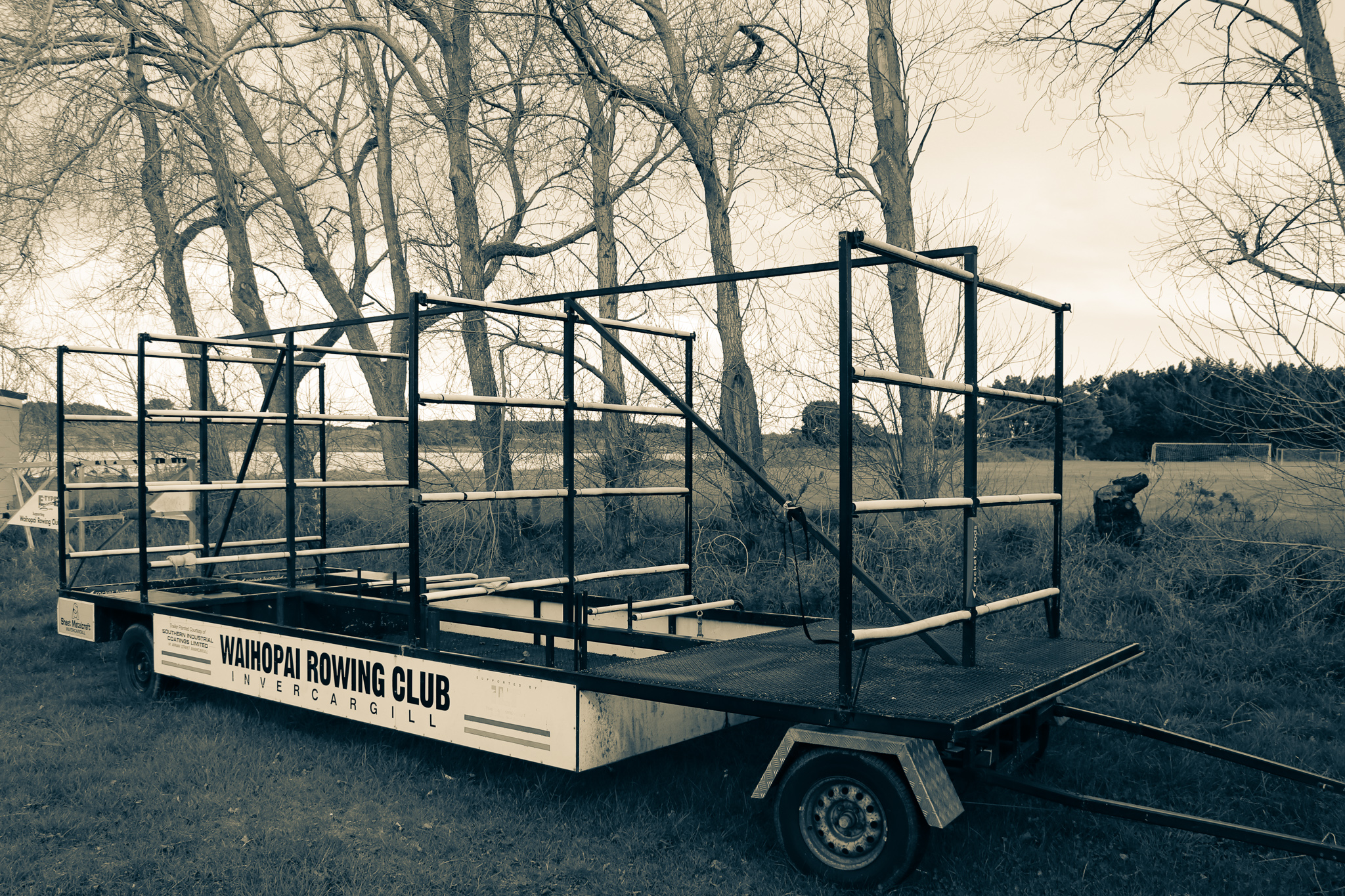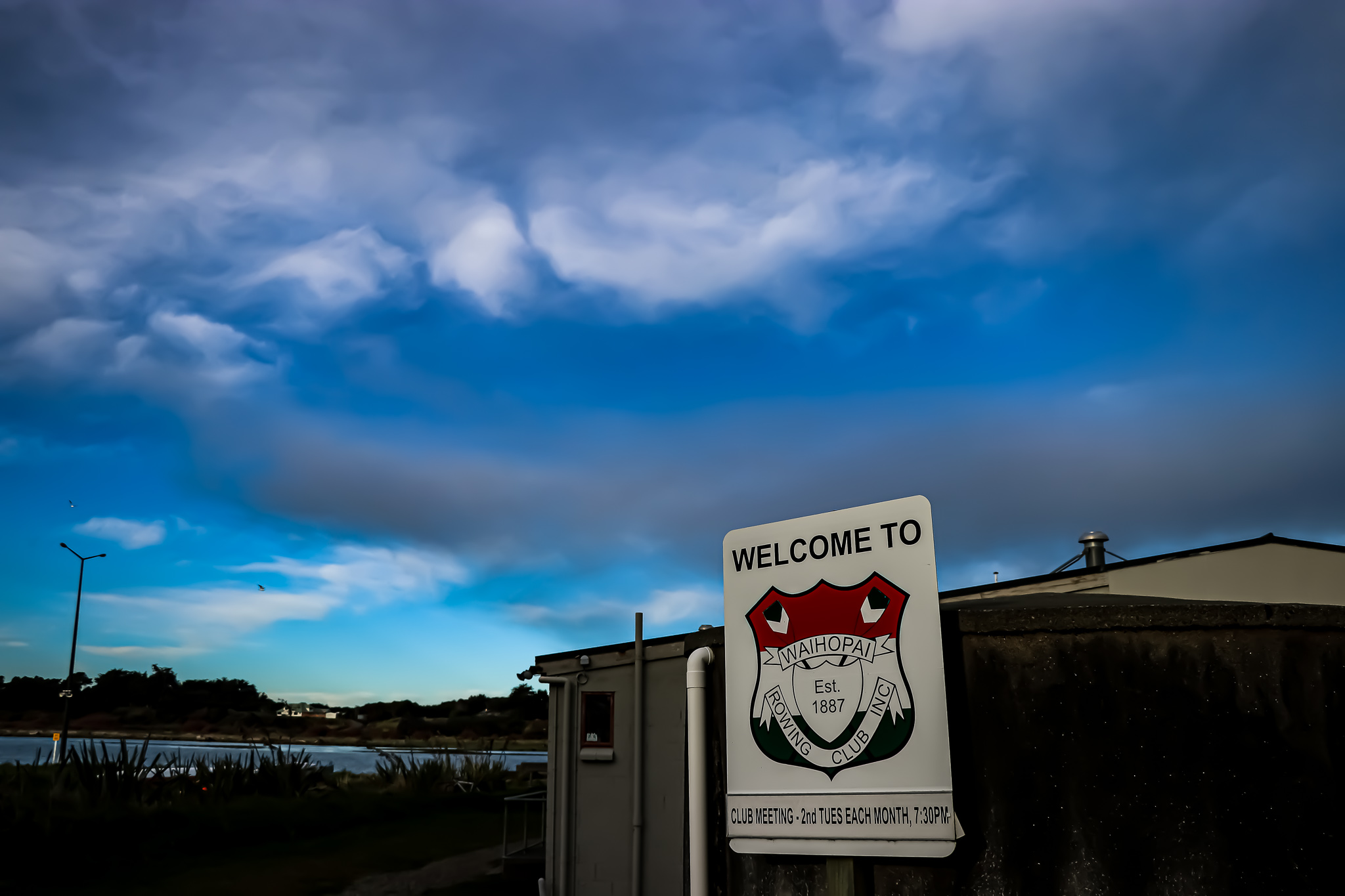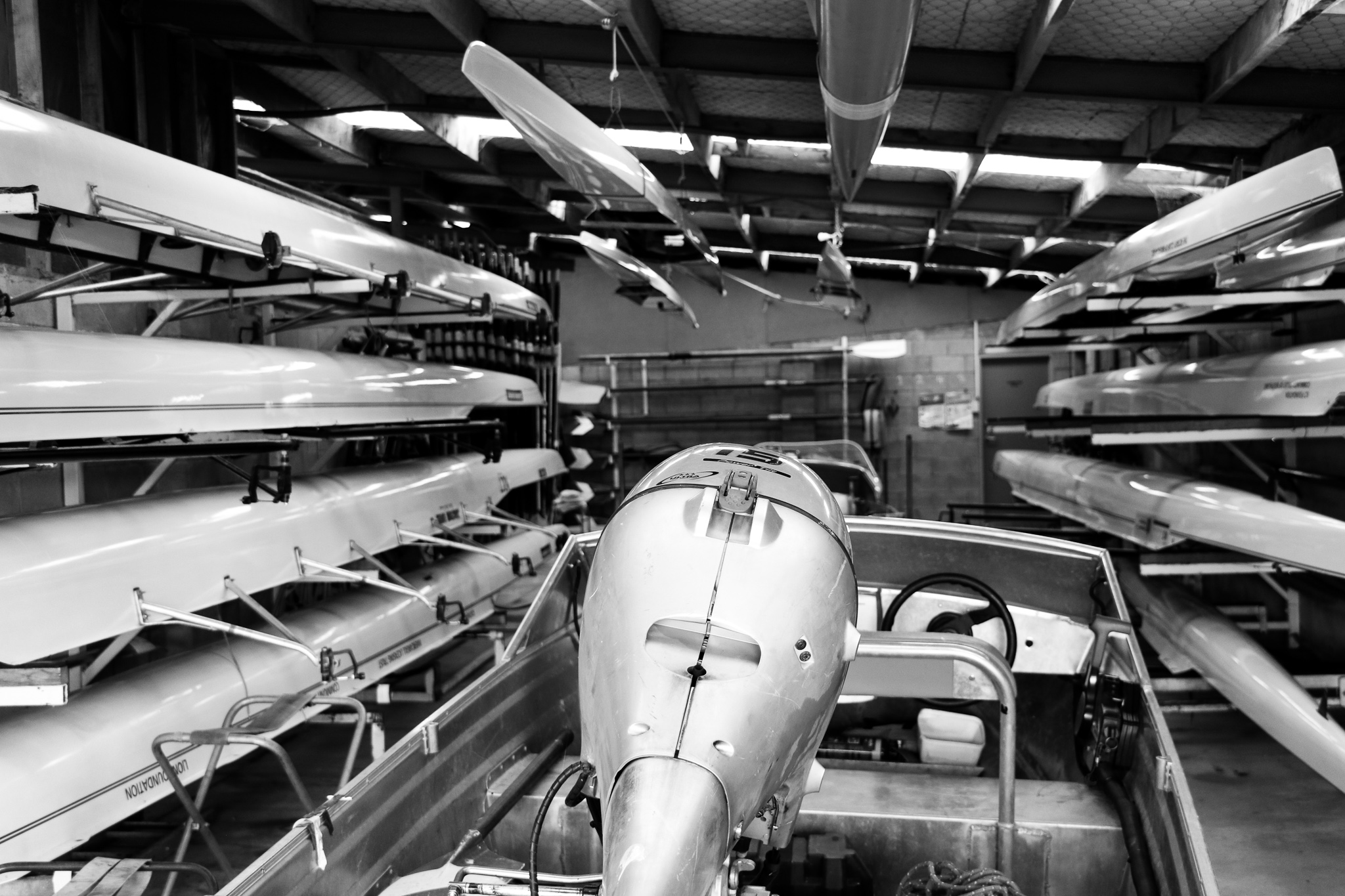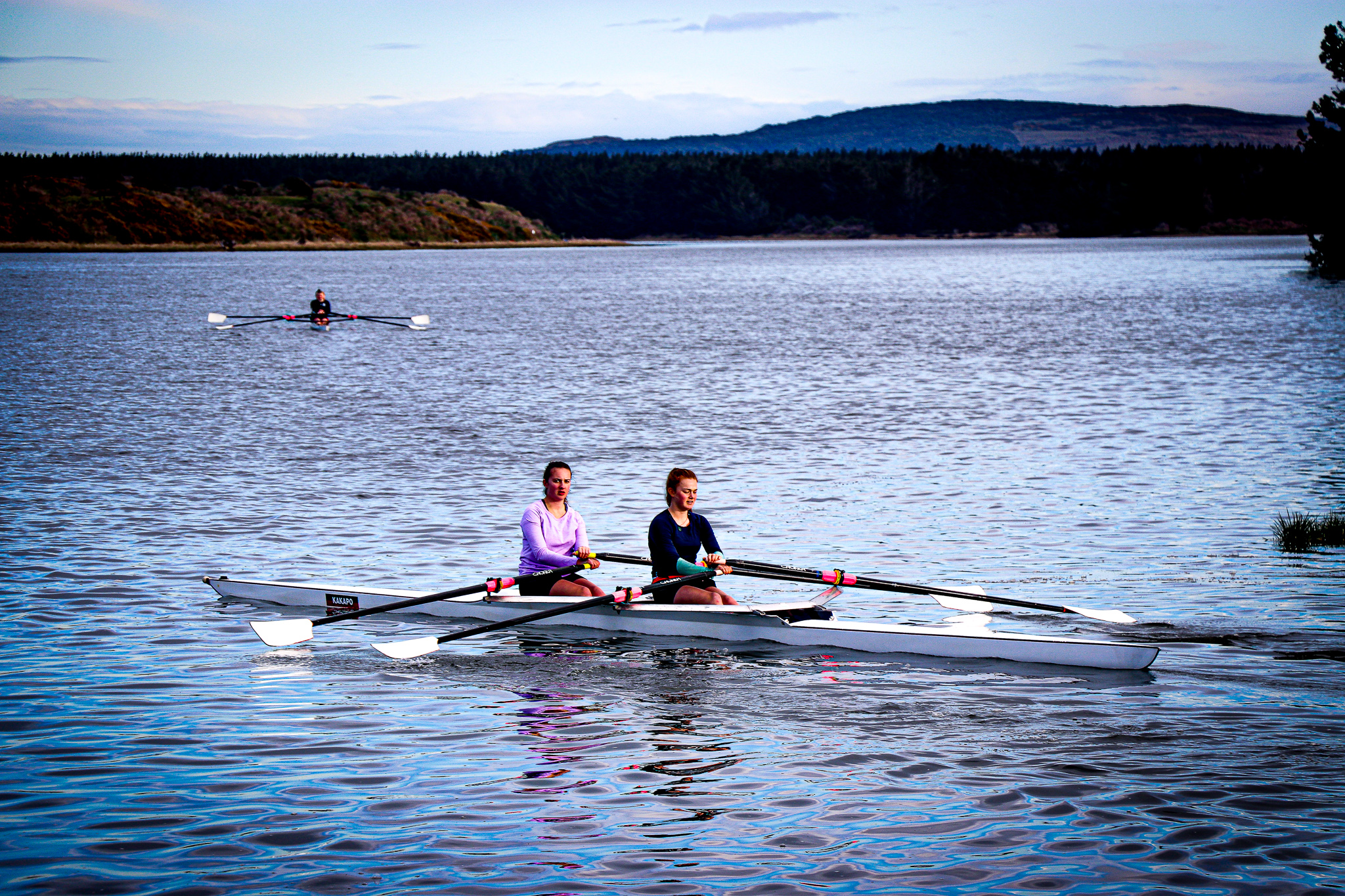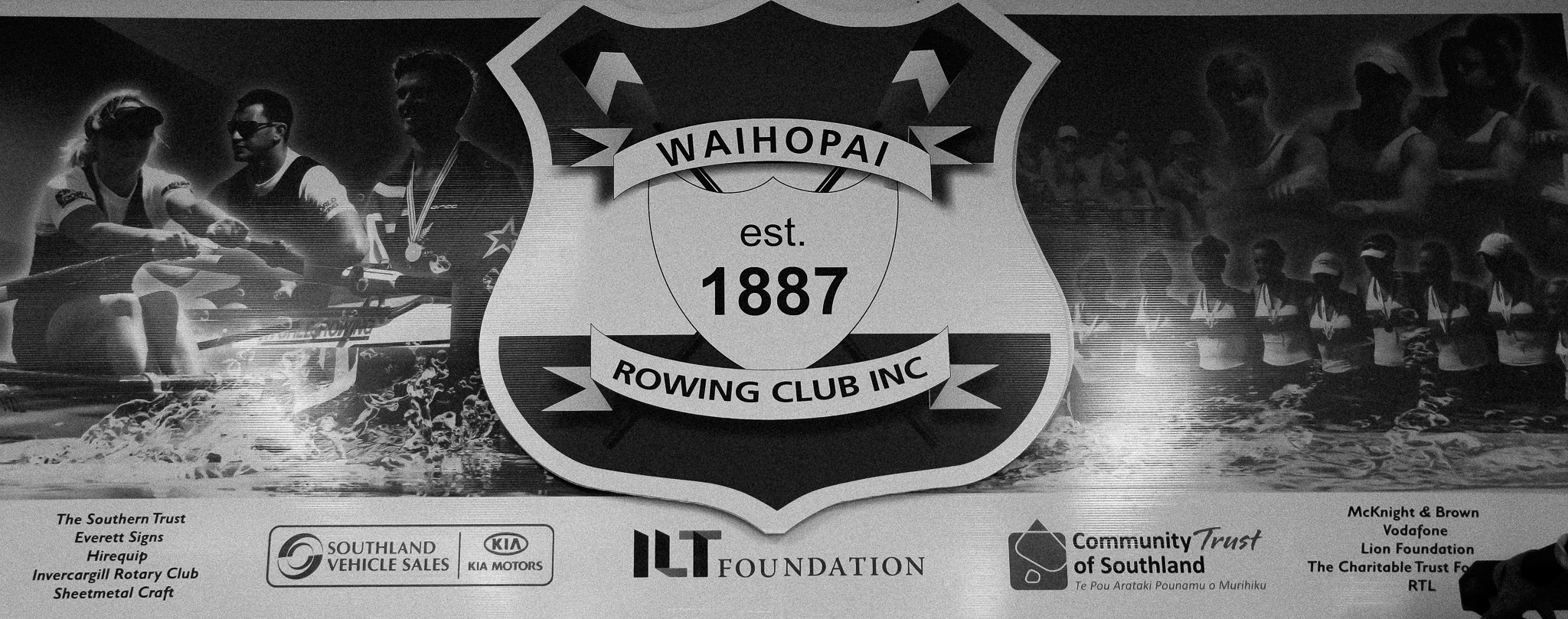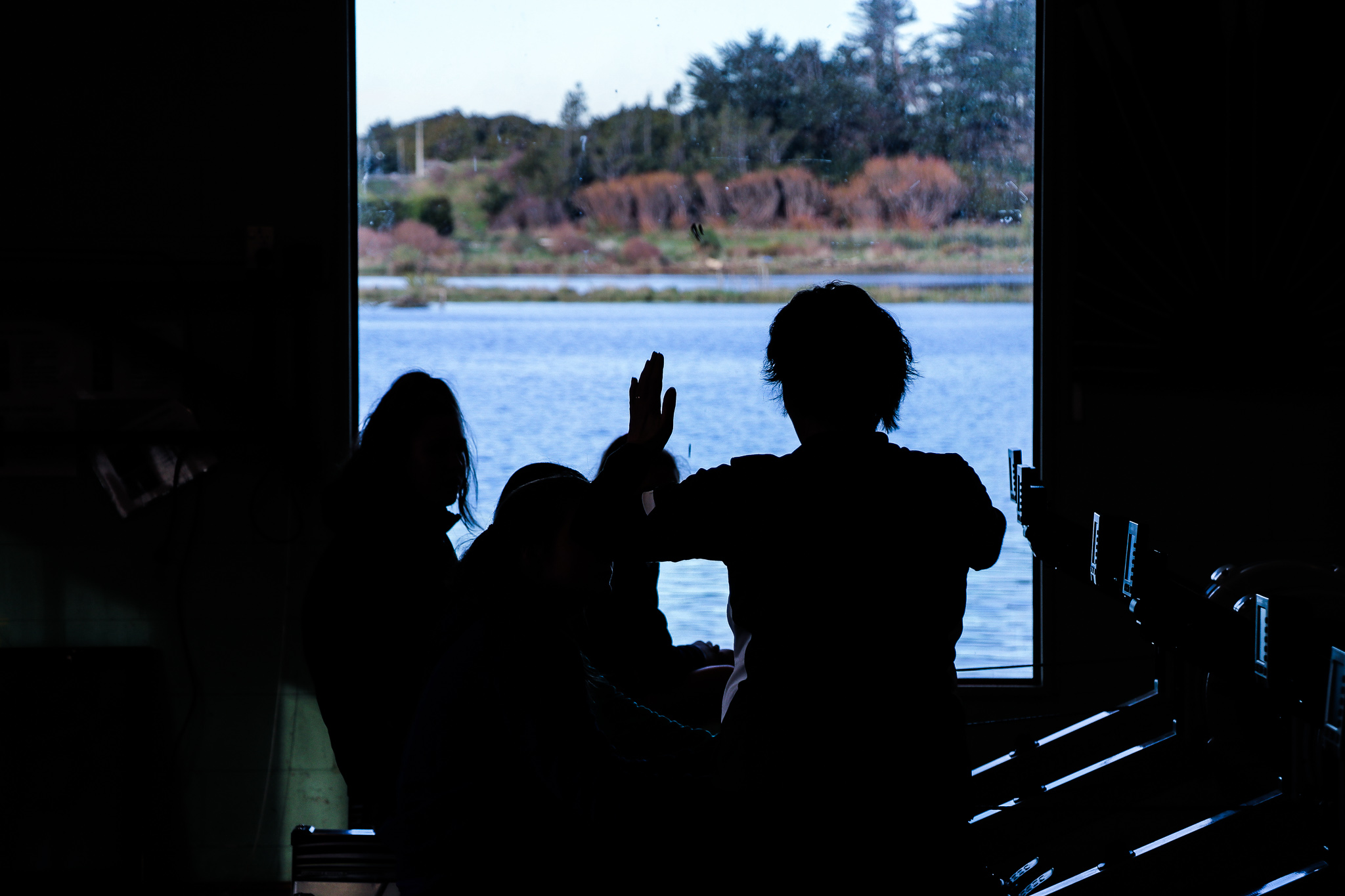Waihopai rowing looks to the future
Diane Jenkins is the first female president in the Waihopai rowing club’s proud 132-year history, but that’s not what this story is about.
It’s worth noting because for much of that history women were barred from being office bearers, let alone getting out on the water.
Waihopai currently boasts a female president, secretary and treasurer, but, again, that’s not what this story is about.
This is a story about rowing and the special place it plays in Southland sport.
Jenkins is a passionate advocate for a sport which dates back to the ancient Egyptians.
She’s been involved with the club for just over a decade, initially getting roped in as a parent and then committee member when the eldest of her and Russell’s three children first showed an interest.
Two sons and a daughter have all gone through rowing, and Diane and Russell are both club coaches.
In what Jenkins jokingly refers to as a ‘midlife crisis’ she also picked up an oar some years ago and competed with friends from Riverton at masters level, winning a couple of medals in the process.
“It’s such a cool sport, it can involve the whole family,” Jenkins said.
“When you are travelling up to Twizel and you’ve got kids, they have to come with you. They learn to love it.”
Fittingly, Jenkins was busy with a small group of novice rowers last week.
After a quick warm up on the ergs and some technical tuition it was out onto the water for the first time.
“With rowing, it always blows me away how the kids start out – they just want to do it as a bit of fun with their mates, and then they get a taste of success and they become quite competitive. I’m really passionate about rowing because you see the way the sport changes the kids, the way their confidence grows and they do things that they wouldn’t normally get the opportunity to do.”
Jenkins is keen to dispel a couple of myths about rowing.
The first is that it’s expensive; at about $500 a year, rowers have access to a coach, boats, a gym and dry training facilities. Jenkins admits that if her children had been growing up in Christchurch, for instance, they wouldn’t have been able to afford the same opportunities.
The other myth is you have to get up really early to train. Some coaches do prefer morning starts, and it’s true that the best water is often found at the start of the day, but other coaches are available in the afternoon and after work.
Rowing’s accessibility, including having the Waihopai and Invercargill clubs next to each other on the banks of the Oreti, means that it’s not just the elite athletes, those gifted with long levers and a heart like Phar Lap, that get an opportunity.
“Here we will take anyone who wants to have a go and it’s amazing how successful they can become,” Jenkins said.
“They don’t have to be the most athletic kids when they start, but they certainly develop and it’s led by the athlete. Our own daughter, when she started rowing she just got stronger in herself and her netball and basketball improved out of sight. We are keen not for the kids to become completely absorbed in rowing, it’s about having a good balance and so we encourage them to do their winter sports.”
In its final throes before joining the sea, the Oreti might not seem the ideal proving ground for international success, but Waihopai has enjoyed plenty of it in recent times.
Louise Ayling was a London Olympian and 2010 world championship silver medalist. Storm Uru went to two Olympics, winning bronze in 2012, and rowed for Oxford.
Younger brother Jade won bronze medals at the 2010 world championships in Karapiro and the 2016 Olympics, while Genevieve Behrent won silver at the Rio Olympics, despite not taking up rowing until after high school.
Jenkins, who is the executive development officer for Southland Indoor Bowls in her day job, is eager to build on the good work done by past committees.
She hopes to see more world-class rowers come from Waihopai, while also building a club environment that people want to be part of.
“It’s challenging times for all sports organisations and clubs. People aren’t as willing, or aren’t able to, put as much time back into sporting organisations. Sport is changing and we need to adapt in the way that we provide that sport if we want people to keep on doing it.”




